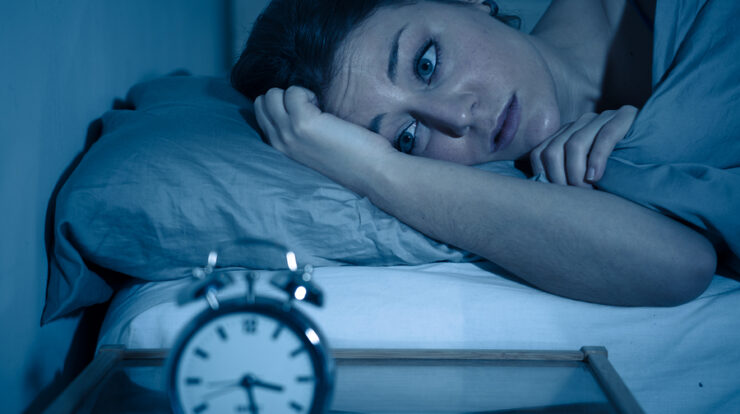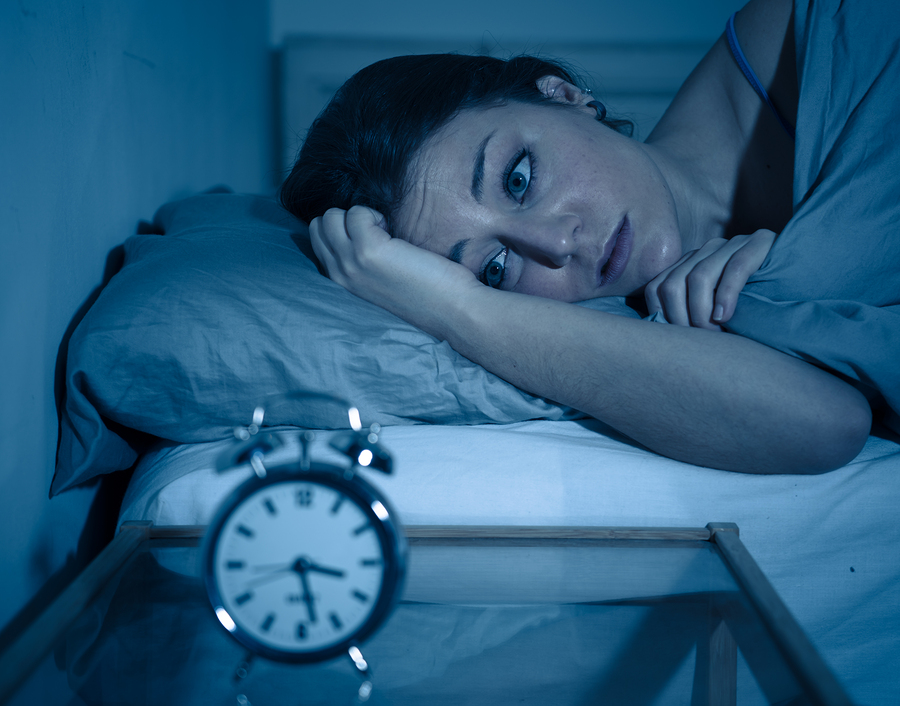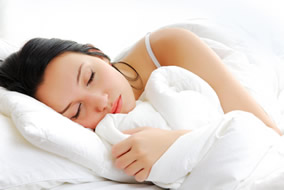
By Aaron Goldsmith….
If you have trouble sleeping, you are not alone. Around one in three people have at least mild insomnia, according to the National Institutes of Health.
What is insomnia?
Insomnia is when a person has difficulty falling asleep or staying asleep, even when physically exhausted. It can last a few nights or weeks. Chronic insomnia can last for months or years. The Center for Disease Control refers to insomnia as short sleep duration, which is defined as an adult getting under 7 hours of sleep a night and roughly 1 adult out of 3 suffers some form of insomnia.
Insomnia is divided into two distinct types:
Primary insomnia is what we traditionally refer to when speaking about “can’t get to sleep.” It is not linked to any pre-existing health conditions.
Secondary insomnia is more directly related to health conditions like asthma, depression, or heartburn or connected to the medication being taken for these health conditions.
What are the causes of insomnia?
The sleep disorder can occur as a result of a medical condition, such as chronic pain. But it also can affect people who do not have a medical condition. Factors impacting sleep can include side effects of medication or an environment difficult to sleep in, such as too bright or noisy. People who travel or work overnight shifts also can have their natural sleep-wake cycle thrown off, making sleep difficult.
What are the symptoms of insomnia?
Symptoms can include daytime sleepiness, irritability, and difficulty concentrating.
Impact of insomnia
Among the consequences of insomnia are an increased chance of accidents and decreased work productivity. Depression and anxiety also are sometimes linked to insomnia.
Long term effects of insomnia include increased chances of heart attacks, strokes, and diabetes. Lack of long duration sleep has also been seen as an obstacle in weight loss.
What are some remedies for insomnia?
The American College of Physicians recommends first trying cognitive behavior therapy, such as following a regular sleep schedule, to promote sleep. However, drug therapies also can be added to treatment.
What Steps Can You Take For a Good Night’s Sleep?
Healthy lifestyle habits can lead to improved rest.
- Maintain a regular sleep schedule. Try to sleep and wake around the same time every day.
- Avoid using electronic devices, such as a smartphone or tablet, before bed. The green and blue lights from the gadgets can make your body think it is still light outside, keeping you awake. A television should be at least six feet away.
- Keep lights low in the evening to prepare the body for sleep. A cool, dark, and quiet room is ideal for sleeping.
- Stop consuming caffeine about five hours before bedtime. Nicotine and alcohol also can disrupt sleep.
- Avoid eating or drinking close to bedtime.
- Relax before bed. Deep breathing, meditation, or reading are options to promote sleep.
- Regular exercise can improve sleep but should be done at least five hours before bedtime.
- If insomnia is caused by a medical condition or medication, treating the underlying issue or changing medicine might help. Discuss with your doctor before making any changes to your treatment.
The key is to avoid physical, mental, and chemical stimulation before you go to sleep and to build a set of habits so your mind and body are prepared for sleep at the same time. Laying in bed physically tired but your mind churning over the latest news or the intense action sequence in a movie can be frustrating.
Sleep Aids
Sleep aids are not recommended for everyone. Check with your physician to determine whether a sleep aid or medication would be right for you.
Here are some supplements that may help you get some rest:
- Magnesium is a naturally occurring mineral that can relax the mind and body and encourage sleep.
- Melatonin is produced naturally in the body and is available as a supplement to promote sleep. Melatonin typically increases in the evening, preparing the body for sleep. Using melatonin as a sleep aid may help regulate a person’s internal clock.
- CBD (cannabidol) is a chemical compound extracted from the cannabis plant. It does not cause a feeling of being high associated with marijuana. CBD calms the central nervous system and may improve sleep, according to the American Sleep Association, which works to bring awareness about the importance of sleep.
In some cases, a supplement might be just a placebo, helping remind your mind and body that it is time to sleep.
Medication
- Sleeping pills can be helpful in the short term. Over-the-counter and prescription medications are available. No medicine should be taken without consulting a medical professional.
Adults need at least seven hours of sleep per night. If a lack of sleep is affecting your quality of life, remedies such as maintaining good sleep habits or using supplements can set you on track toward better rest. Talk to your doctor about which options would be best for you.
About the Author: Aaron Goldsmith is the owner of Transfer Master, a company that has built electric adjustable hospital beds for the home and medical facility since 1993. He started with a simple goal that hospital beds should allow wheelchair users to transfer independently in and out of bed. 25 years later, his customers are still at the center of everything he does. For more information, be sure to visit transfermaster.com or contact the team via email.


